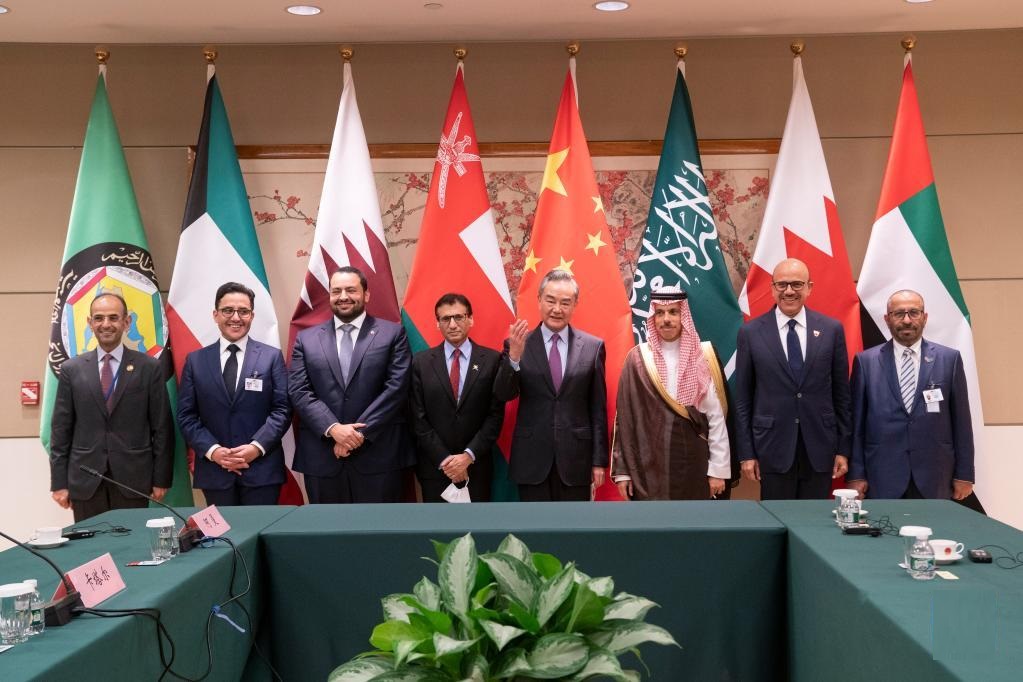The resistance against the US dollar seems to have been gaining momentum in the increasingly multipolar world. The world markets are pivoting towards a new financial regime, one that supports currencies other than the US dollar, with nations showing particular interest in it due to the relentless US dollar weaponization and hegemony that has been running amok within the world economic system. In this wake, the Gulf Cooperation Council, particularly known as the GCC, is currently working to launch its own currency, which may compel them to ditch the USD in the long haul.
Also Read: Morgan Stanley Predicts S&P 500 Target: See Where the Index Stands
GCC Plans A New Unified Currency


The Gulf Cooperation Council (GCC), an alliance of 7 Gulf nations comprising Bahrain, Kuwait, Oman, Qatar, Saudi Arabia, and the United Arab Emirates, is reportedly working on launching a unified currency. This idea of a singular GCC currency was first floated in 2010, with its intrinsic workings and plans laid out over the years. In a recent development, the Gulf Monetary Council, set up in 2010, is currently in the process of weighing inflation levels, interest rates, and public debt before officially unveiling the currency, as reported by The Daily Tribune of Bahrain.
Also Read: Chinese Yuan Falls To Lowest Level Against US Dollar In 2 Years
In addition to this, the framework to merge major central banking institutions of the 7 Gulf countries has already begun. Moreover, developers have already linked certain banking payment systems, giving direction to the proposed idea.
Furthermore, the idea is still gaining momentum, spearheading major banking tie-ups to pioneer the currency agenda. The new GCC currency infrastructure will be made in tandem with the monetary policies of the 7 Gulf nations, ensuring holistic synchronicity and ease.
What Could Happen If The Alliance Manages To Launch Its Currency
The GCC currency, if launched, can be lethal to the US dollar in many ways. In one instance, it could significantly impact the demand for the USD in the region, hampering its future progress. In addition to this, this development may also jeopardize the reserve currency status of the US dollar, compelling other nations to look for alternatives other than the American currency.
Also Read: This $1K Nvidia Investment in 2014 Could’ve Changed Your Life—Here’s Why





